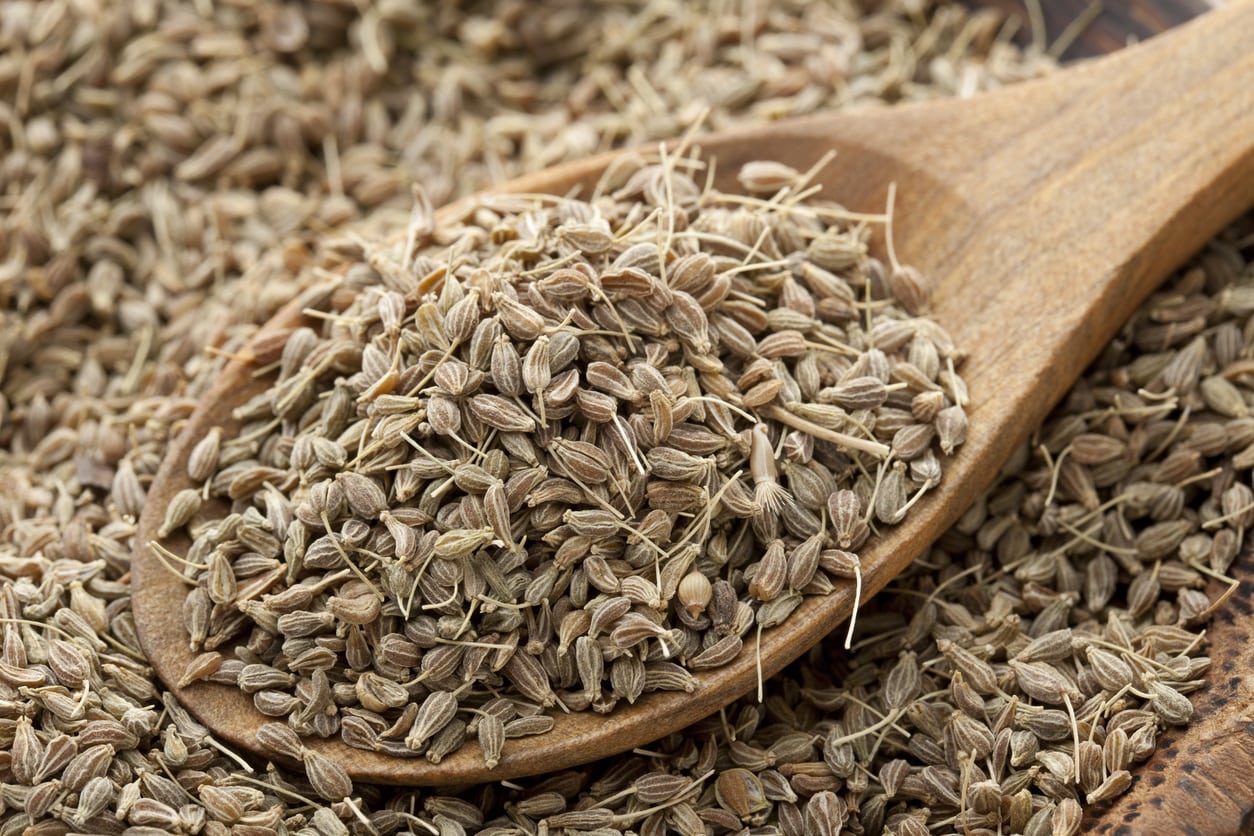Medicinal Anise Plants – How Is Anise Good For You


Anise is a pretty perennial herb, but it can do more for you than add visual interest to your garden. Growing medicinal anise plants and harvesting the seeds means you can add this natural, herbal remedy to both your kitchen and your medicine cabinet.
How Is Anise Good for You?
Anise, or aniseed, comes from the plant known as Pimpinella anisum. It is native to the Middle East, grows to about two feet (61 cm.) tall, and produces clusters of small white flowers. This should not be confused with star anise, Illicium verum, an evergreen tree native to China. The seeds of anise have long been used for their licorice flavor in food and drink, but there are also some health benefits. You can harvest the seeds from your anise plants if you let the flowers go and the seed pods develop fully. Some of the anise plant benefits for health include:
- Minerals, including manganese, zinc, calcium, iron, potassium, magnesium, and copper.
- B vitamins, including niacin, thiamin, riboflavin, and pyridoxine.
- Antioxidants, including vitamins C and A.
- Promoting healthy blood sugar levels.
- Antifungal and antibacterial properties.
- Protecting against stomach ulcers.
- Relieving digestive issues like bloating, gas, nausea, and abdominal cramps.
How to Use Aniseed
Using anise for health is something you should do with your doctor’s input. Always speak to your doctor before trying any herbal medicine. If you get the go ahead, you can grow your own aniseed to use for medicinal purposes or in the kitchen for its delightful flavor. You can use aniseed like you would other seeds in cooking, by drying and grinding them in a spice grinder. You can also get benefits from the natural oils found in the seeds—antheole and its derivatives—by crushing them and steeping them in boiling water for several minutes, like a tea. You can infuse oil with crushed aniseed as well. In cooking, use aniseed in cookies, cakes, bread, stews, infused liqueurs, and teas. For medicinal purposes, use it as a tea or use the infused oil to treat skin conditions, like fungal infections. Aniseed is considered to be relatively safe, but as with any herb, use it carefully and always check with your doctor before using it as a medicinal herb.
Sign up for the Gardening Know How newsletter today and receive a free copy of our e-book "How to Grow Delicious Tomatoes".

Mary Ellen Ellis has been gardening for over 20 years. With degrees in Chemistry and Biology, Mary Ellen's specialties are flowers, native plants, and herbs.